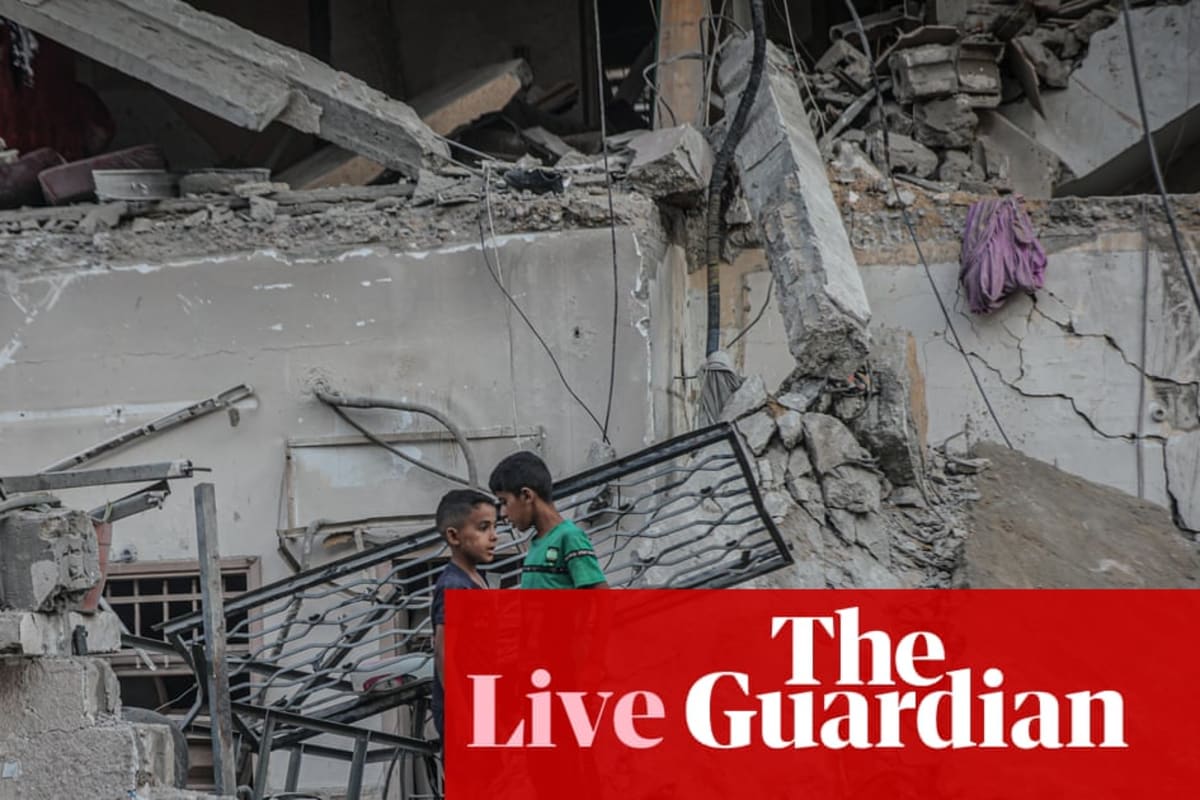Israel Mobilizes 50,000 Reservists Amid Gaza Escalation Threat

Tensions between Israel and Gaza have reached a fever pitch, prompting Israel to mobilize 50,000 reservists in preparation for a potential offensive.
The move comes after a significant increase in rocket fire from Gaza towards Israeli territory, met with retaliatory airstrikes by the Israel Defense Forces (IDF) The escalation threatens to unravel already fragile peace efforts and plunges the region into further uncertainty The IDF Spokesperson's Unit confirmed the mobilization, stating that the reservists would be deployed to bolster forces along the Gaza border.
The purpose, according to the statement, is to enhance Israel's readiness to respond to any further attacks and to deter further escalation by Hamas and other militant groups operating in the Gaza Strip. Specific roles for the reservists include reinforcing border security, providing logistical support, and preparing for potential ground operations.
The recent surge in violence follows a period of relative calm, which was brokered by Egyptian mediators However, renewed tensions flared after a series of incidents, including clashes at the Al-Aqsa Mosque in Jerusalem and heightened security measures in the West Bank Hamas, the de facto governing authority in Gaza, has condemned Israel's actions and vowed to retaliate against any further aggression The international community has expressed deep concern over the escalating situation, urging both sides to exercise restraint and de-escalate tensions The United Nations Secretary-General has called for an immediate cessation of hostilities and a return to negotiations Several countries, including the United States and European Union member states, have issued statements urging calm and emphasizing the need to protect civilians on both sides The current situation is extremely volatile and could spiral out of control quickly," warned Dr Miriam Hoffman, a Middle East security analyst at the Tel Aviv University The mobilization of reservists is a clear signal that Israel is prepared to take decisive action, but it also raises the risk of a full-scale conflict
Background
The next few days will be critical in determining whether this crisis can be contained The mobilization of reservists is not unprecedented.
Israel has previously mobilized reservists during periods of heightened tensions with Gaza, including during Operation Cast Lead in 2008-2009, Operation Pillar of Defense in 2012, and Operation Protective Edge in 2014 Each of these conflicts resulted in significant casualties and widespread destruction in Gaza
The economic and social impact on both sides was severe, with long-lasting repercussions for the region. The current situation poses significant challenges for both Israel and Gaza.
For Israel, the potential for renewed rocket attacks and infiltration attempts remains a constant threat.
For Gaza, the prospect of another military offensive raises fears of further casualties and devastation
The ongoing humanitarian crisis in Gaza, exacerbated by years of blockade, further complicates the situation, creating a breeding ground for resentment and violence Looking ahead, the prospects for a lasting peace remain bleak The underlying issues driving the conflict – including the status of Jerusalem, the Israeli occupation of the West Bank, and the ongoing blockade of Gaza – remain unresolved Until these issues are addressed, the cycle of violence is likely to continue The international community must play a more active role in mediating a solution that addresses the legitimate concerns of both sides and ensures the security and well-being of all people in the region The path forward requires a renewed commitment to dialogue, compromise, and a genuine desire for peace The mobilization of 50,000 reservists represents a significant escalation and underscores the gravity of the situation While the stated goal is to deter further attacks and protect Israeli citizens, the move also significantly increases the risk of a wider conflict with potentially devastating consequences.
The world watches with bated breath, hoping for a swift de-escalation and a return to diplomacy before the situation spirals further out of control.
